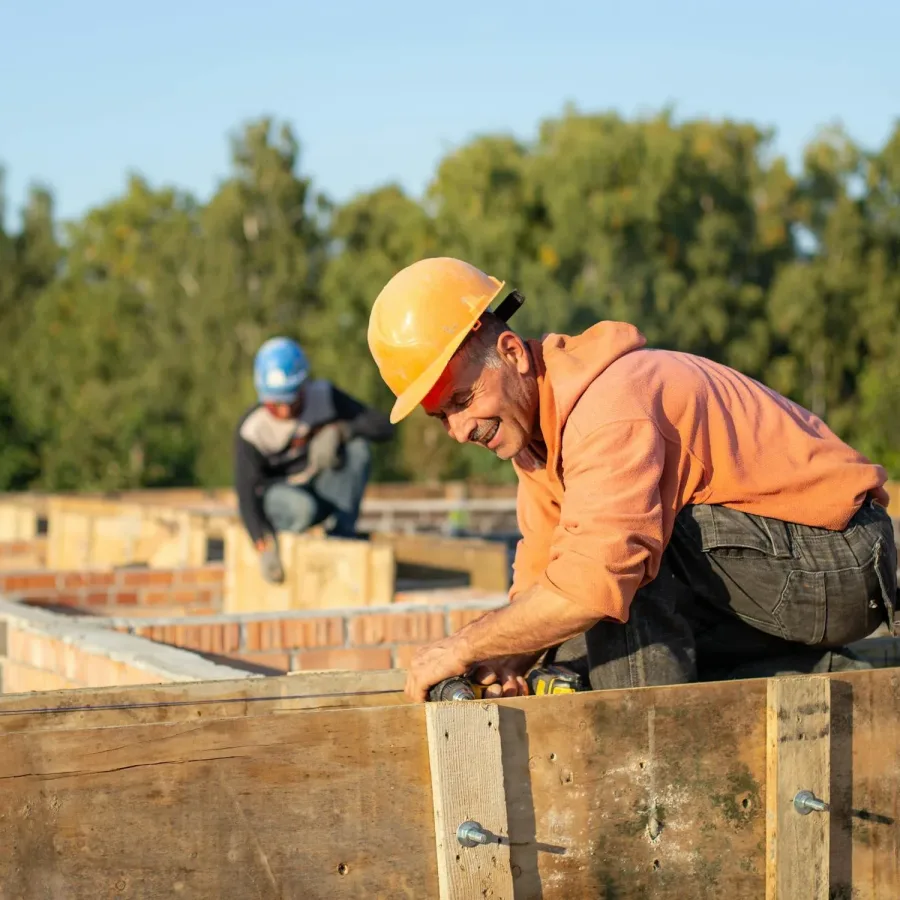Free Expert Advice
to Future-Proof
Housing and Infrastructure
carbon solutions
local capacity
climate resilience

The Climate Ready Infrastructure Service is a newly established capacity building project for local governments across Canada.
The service connects local governments and communities with top climate experts to support the integration of low-carbon resilience into local infrastructure projects. By providing expert guidance and technical advice, local governments gain the tools needed to better serve their communities, reduce emissions, and meet the challenges of climate change head-on.

How the Climate Ready Infrastructure Service Works
Register Your Project
Join the Climate Roster
Gain Climate Insights
What you gain from the CRIS:
Up to $20,000 of free tailored support
Receive fully funded consultation services for your project from a member of the Roster of Climate and Infrastructure Experts.
A Technical Options Report
Participants receive a tailored options report that outlines practical and cost-effective options to build lasting, future-proof infrastructure.
Why resilient infrastructure matters
with free access to expert advice.
The Climate Ready Infrastructure Service is a part of the Climate Toolkit for Housing and Infrastructure
The Climate Toolkit for Housing and Infrastructure is a suite of resources supporting local governments in achieving Canada's 2030 emissions reduction goals and delivering against adaptation commitments found in the National Adaptation Strategy and the Government of Canada Adaptation Action Plan.

Still have questions?
The Climate Ready Infrastructure Service is a national project connecting local governments with climate experts to enhance their infrastructure projects' low-carbon climate resilience. It's part of the Climate Toolkit for Housing and Infrastructure, a suite of resources supporting local governments in achieving Canada's 2030 emissions reduction goals and delivering against adaptation commitments found in the National Adaptation Strategy and the Government of Canada Adaptation Action Plan.
The Climate Ready Infrastructure Service is administered by the Canadian Urban Institute and funded by the Government of Canada.
Local governments who participate will gain access to specialized technical expert advice and guidance, which will enhance their ability to make informed decisions on incorporating low-carbon resilience into their infrastructure projects. This support will lead to more effective, sustainable project outcomes, better alignment with climate targets, and increased resilience to current and future climate challenges.
Climate experts gain valuable professional development by working on diverse, impactful projects that enhance their portfolios. They receive financial compensation based on project scope and duration, and have the opportunity to expand their network with municipal leaders and fellow professionals. Participation also provides access to advanced resources and tools, enhances their recognition and credibility, and allows for flexible engagement based on their availability. Overall, experts contribute to meaningful climate action while advancing their own careers.




